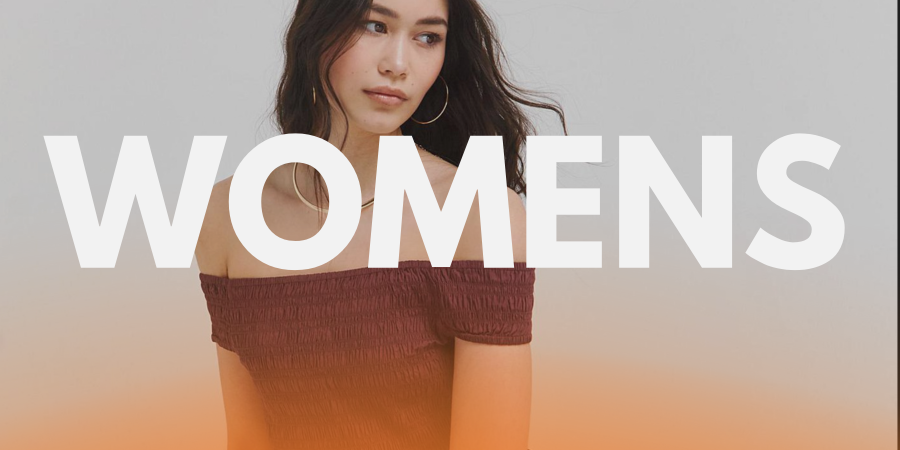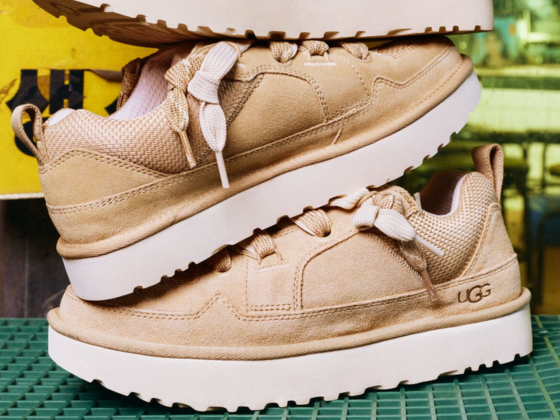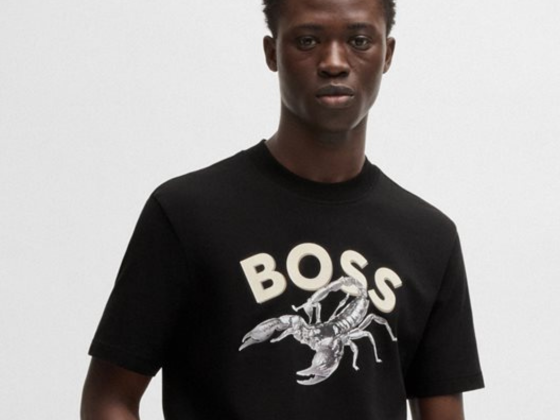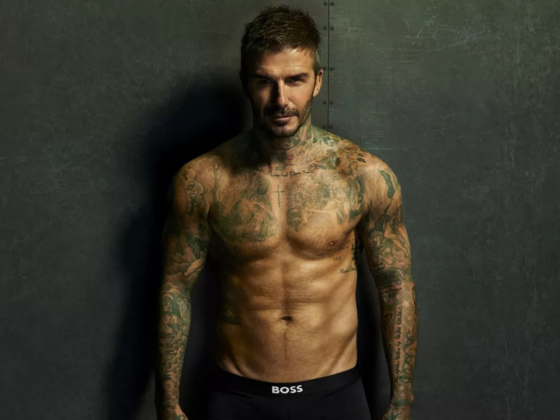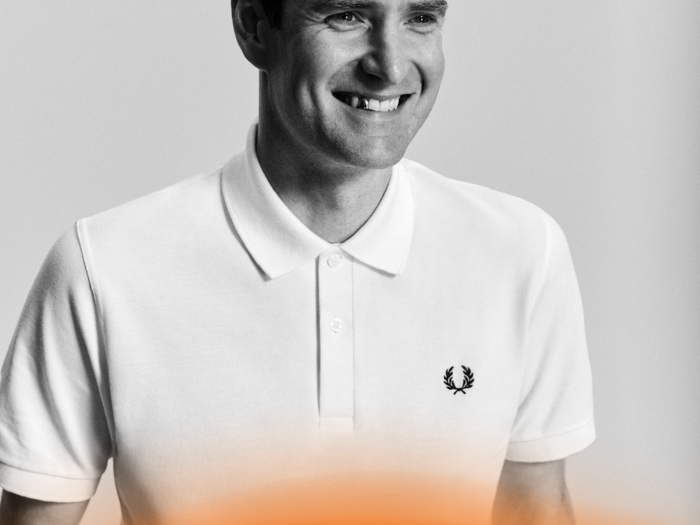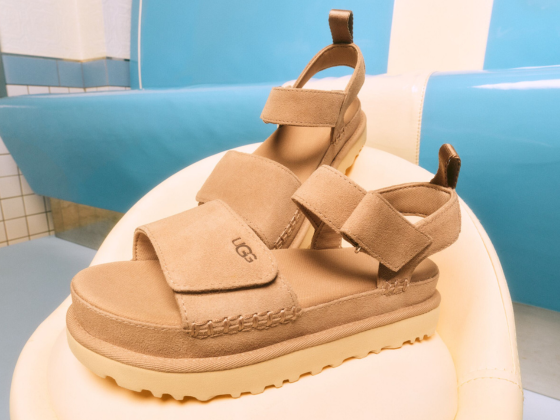Living sustainably is vital when it comes to looking after our planet, but it shouldn’t stop us from doing our favourite things such as shopping and enjoying new clothes.
Knowing how to shop sustainably has many benefits, this includes the reduction of waste, protection for the planet and even the ability to provide you with better quality clothes that last longer.
In recent years, shopping sustainably has become an important part of many peoples lives, with 9,000 average monthly searches for the term ‘sustainable fashion’ on Google. As well as this, ‘sustainable fashion brands’ has 3,600 searches every month, with an increase of 50% when compared to the previous year.
But how do you shop sustainably when shopping for new clothes, and what are the brands that are playing their part in protecting the environment?
How To Shop Sustainably
It’s easy to shop sustainably if you understand how sustainable your favourite fashion brands are when it comes to designing, producing and selling their clothing.
As a rule of thumb, fast fashion brands that offer masses of cheap clothing are generally the least sustainable. The fast fashion industry sends 10,000 items of clothing to landfill every 5 seconds, which is equivalent to £140 million in value every year*.
On the other hand, premium high-street brands are likely to be much more sustainable, creating clothes that are designed to last a long time and stay out of landfills.
For example, Barbour offers a re-waxing and repairing service so that their jackets can be returned and altered at any time, meaning they can last a lifetime if looked after properly.
As well as this, premium high-street brands take extra precautions when it comes to their impact on the environment, whether that’s by reducing their emissions or choosing ethically and responsibly sourced materials.
Hugo BOSS
Although the most recent data is not yet available, Hugo BOSS reduced their Co2 output by 18% in 2018 and were hoping to reduce it by 30% by 2020. As well as this, the brand sustainably sources 52% of their leather and 61% of their cotton, which they plan to increase to 100% by 2025.
When it comes to fur and leather, Hugo Boss doesn’t use farmed fur, and only use leather from sheep, goats, cattle and buffalo that are a byproduct of the meat industry.
Calvin Klein
Featuring organic, recycled and responsibly sourced materials, Calvin Klein offers collections that are created with sustainability in mind. As well as this, the brand boasts a wide selection of vegan products, and out of 2126 products for females, 657 of them are completely vegan.
Armani
One of the most sustainably focused premium brands is Armani, with Georgio Armani being quoted as saying:
“The philosophy underpinning my brand has always been sustainability: through my work, I offer clothes that last and can be worn for many years […]. It is vital to adopt a sustainable position nowadays. The question of ethics even comes before strategy.”
The brand is part of ‘The Fashion Pact’, which has three main goals: to stop global warming, to restore biodiversity in ecosystems and to protect the ocean. By being part of this pact, Armani has an action plan for zero greenhouse gas emissions.
Armani also creates products with cotton that’s linked to ‘The Africa Initiative’, guaranteeing the cotton’s traceability and improvement of the living conditions of the African growers and their families.
The brand is also aiming to exclusively source all production sites and stores in Italy with renewable energy from 2021, while they aim to combat the environmental impact of industrial waste by intensifying their research on recyclable materials.
Vivienne Westwood
Another premium high-street brand that’s renowned for its sustainable values is Vivienne Westwood, they claim to be a ‘modern brand’ in terms of their approach to sustainability. Using their collections, collaborations and catwalks, Vivienne Westwood campaigns to protect the environment and frequently use their brand voice to raise awareness of the environmental impact overconsumption has.
As well as simply campaigning for a greener planet, 96% of the cotton Vivienne Westwood uses is made from certified organic cotton, while they don’t use any animal fur or exotic skins at all to protect animal welfare.
The brand has created several vegan pieces in the past, as well as teamed up with vegan brand Melissa to create an entire collection of popular vegan shoes.
Barbour
As aforementioned, Barbour’s clothes are designed to last and their repair service means that garments should stay clear of landfill sites, so long as they are well looked after.
As well as this, the brand is aiming to source 70% of their cotton usage more sustainably by 2021, and are currently investigating recyclable and biodegradable plastic alternatives for packaging.
Barbour only uses leather that’s a byproduct of the food industry, and also only uses cashmere that’s farmed by shearing or combing.
*Waste Less, Live More: The slow-down on fast fashion | Keep Britain Tidy


